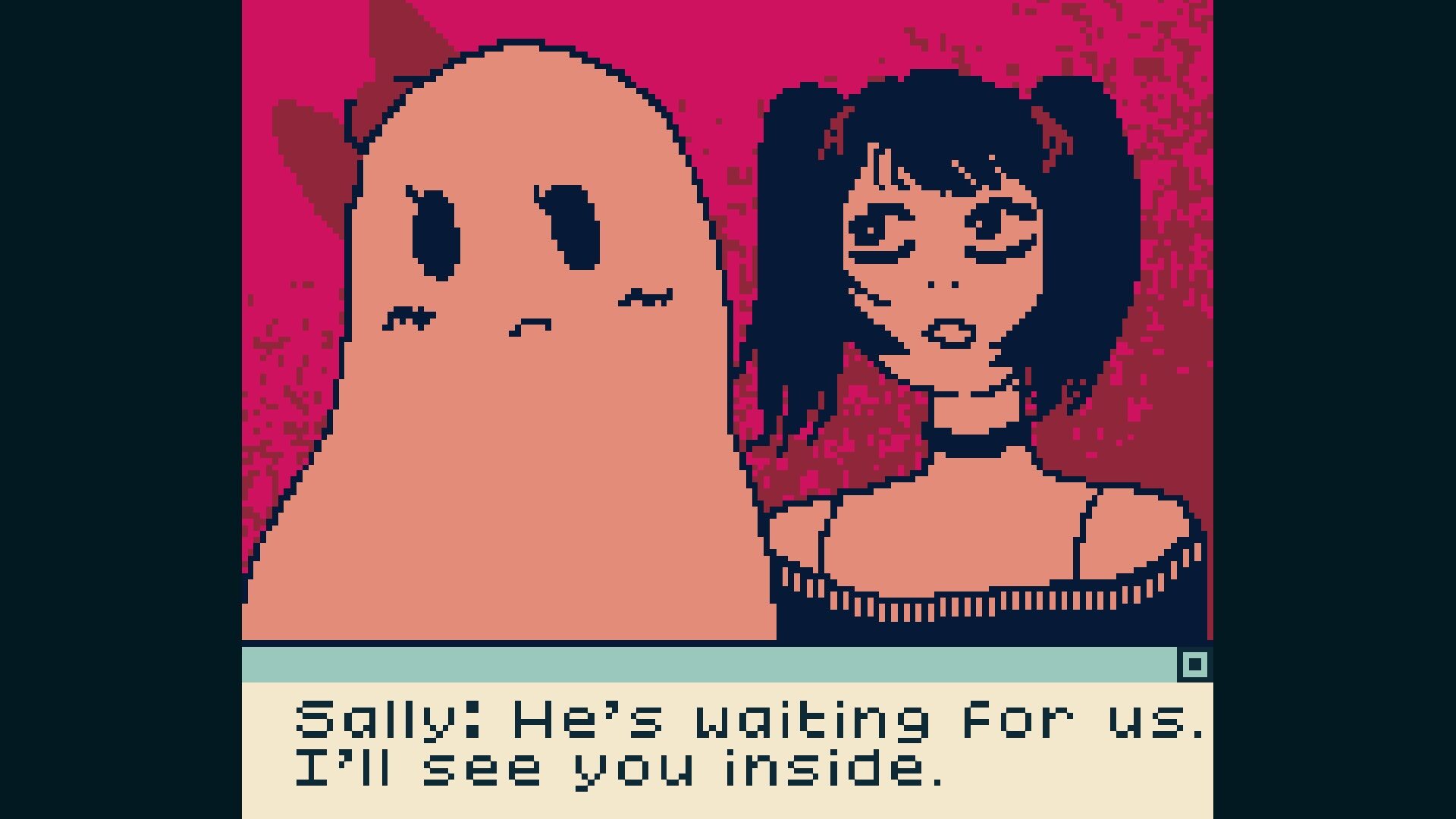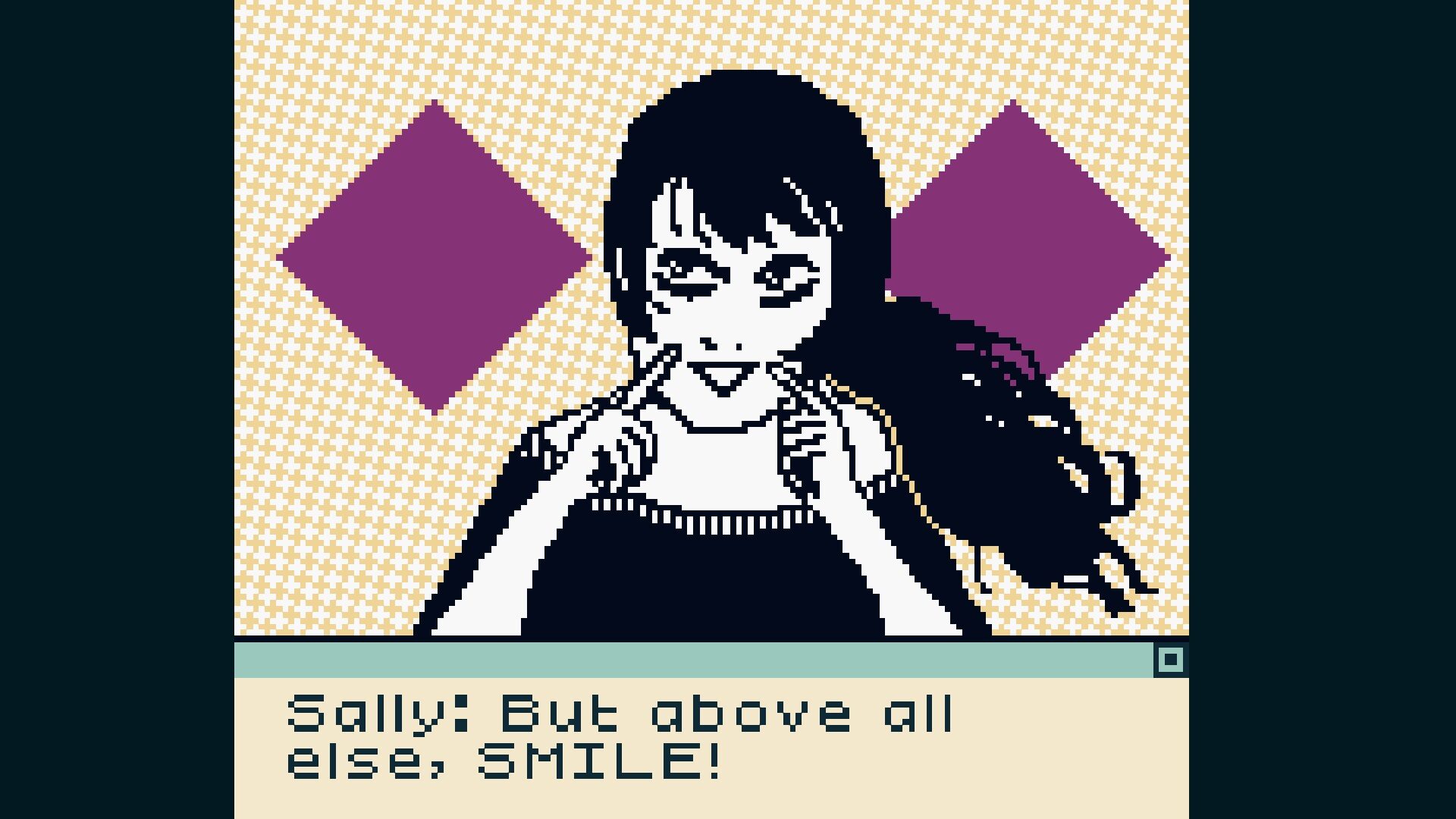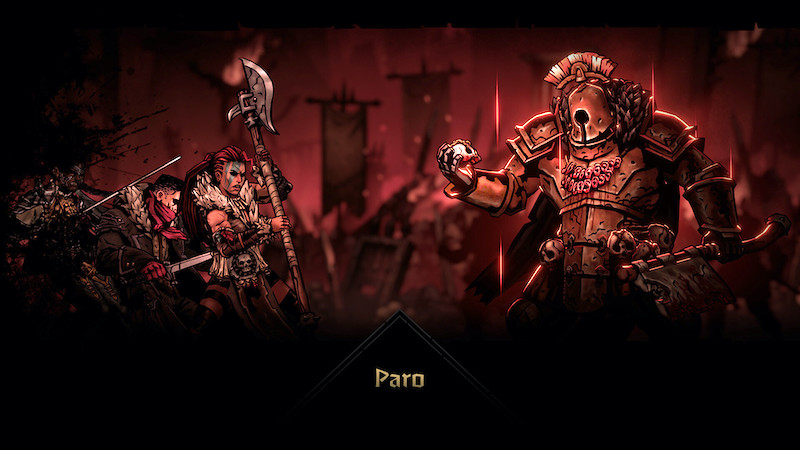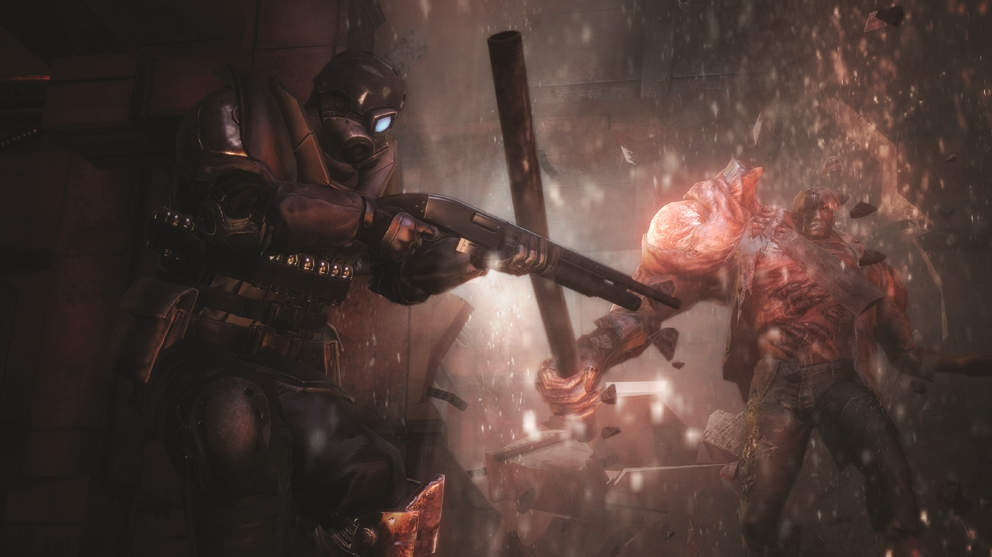
…Girl Out of Me & The Terrifying Inevitability of Autobiographical Horror
He Fucked the Girl Out of Me is a semi-autobiographical game about a trans woman’s experience doing sex work. It’s a discomforting story about something painful from the developer’s life. ‘Painful’ doesn’t begin to describe it, though. Told through pixel art, and with the main character often taking the shape of a cute ghost, it does try to soften its impact. Knowing this is someone’s truth, though – someone’s horrible memories and personal agony – creates a horror that is important to undergo, if you can manage it.
CONTENT WARNINGS – Sexual Assault, Transphobia, Abuse, Suicide
I’ll tell you now, I was nervous to play this game. I’ve been nervous to play horror games before, though. I still have trouble booting up P.T.. I used to have a rule that I had to shut off Fatal Frame as soon as it got dark out. Had to take time off of Resident Evil 3 after Nemesis caught me by surprise one night. This fear was something different, though. After finding out that this game was about painful memories and sex work, I was afraid of what I would see.
Not that I thought He Fucked the Girl Out of Me would be a graphic depiction of sexual violence. I had seen some screenshots of it. The main character was usually represented by a cute ghost. The landscapes looked surreal. It seemed like it would be like exploring some dream-turned nightmare. With memories so painful, I couldn’t see any way you could explore them through a one-to-one vision. There was going to be visual symbolism and implication without becoming graphic. And it was just as I thought it would be.

However, you also know what you’re walking into, here. Even if the visuals were often symbolic. Even if pixel art is often used to express the form of a thing without capturing a photorealistic look, I could feel that the work was heading into someone’s most agonizing moments. That we would be walking through one of the most awful times in a person’s life. As a game about the memories of those traumatic moments, there would be some distance between the viewer and the work. There had to be from the nature of this being a game – an artistic expression of a memory.
Still, walking towards a person’s most harrowing memories scared me as I started playing He Fucked the Girl Out of Me. Now, I hope I don’t come across as minimalizing when I bring up this comparison. We all know the moment in horror media when the protagonist is walking toward something horrible. At some point, you’ve begged the protagonist to change direction. Do something different. Change the outcome you can feel racing toward them. You know you can’t, though.
When the event is someone’s reality, that process hits a lot harder. I started this game already knowing its end. Trauma. Pain. Self-hatred. Suicidal ideation. I knew that this path lead to a very dark place for its protagonist. I also knew that this protagonist was a real person. A real human being had suffered what I was about to see. While the memories would be skewed and symbolic, I would be following them along that path. And I was scared to walk it.

And it is indeed an upsetting journey. He Fucked the Girl Out of Me is hard to get through. When a man slides his hand up your skirt, you have the option to resist or stay still. In that moment, I felt afraid of what would happen to the protagonist if I resisted. When your mom calls later in the game and asks if you need anything, I was afraid to say that I needed help. Taylor McCue, the game’s creator, does an exceptional job of bringing you into the protagonist’s mindset with the story, visuals, and interactions. In doing so, I got to feel a very, very distant sense of what she had gone through with moments like these.
This abstract symbol of a broken memory filled me with a terror for someone I’d never met. I was so afraid for our protagonist. At the same time, I knew nothing I said or did would change where this went. The path was set in stone. It was already done. I could scream for her to get out of the house, but it wouldn’t do anything. I cried. Stopped playing. I thought if I didn’t move forward then she would be safe. I could force time to stop. Keep these events from happening. And I felt all of these things from such a massive distance from the actual events. I couldn’t imagine what living it would have felt like.
He Fucked the Girl Out of Me makes me feel how small our words are. I tried to call the developer’s experience ‘painful’ when I started writing this, but does that word even begin to contain what this experience wrought? Does ‘Trauma’? Trying to distill these intense feelings into words feels like it minimizes them. It cools them and makes them easier to handle. But you can sense the volatility these words contain. The immense darkness inside. My words don’t feel like enough to express what this game made me feel.

I did finish the game. In that, you can’t help but feel some connection to the protagonist. She didn’t feel like there was any other path, either. And if she was willing to share this painful memory – one that must have been so difficult to put out there – then I felt I should overcome my fears and see where the conclusion lead. I had some hope that, maybe if I saw things to the end, they would get better. Maybe not a lot, but maybe there was something hopeful, however small, at the other end.
And there was. He Fucked the Girl Out of Me ends with a glimmer that has me hoping the creator finds peace. I hope that they can love themselves. I hope to see the good that may come from sharing these memories with others. Even so, facing someone’s horrible memories was terrifying. I was downright scared to interact with them, knowing they were painful and hurtful. That story was a reminder of the darkness that sex workers can carry all alone. While it doesn’t speak to everyone’s experience with sex work, it’s still an important reminder of the agony people carry with them.
It’s a reminder of the pain people silently carry around us. And if I could swallow my fear and share in it for a little while, maybe it would make me a little bit more compassionate to the people around me. Maybe I could be more open to listen when someone needed to speak and be heard, even if I was afraid of what I would hear.




